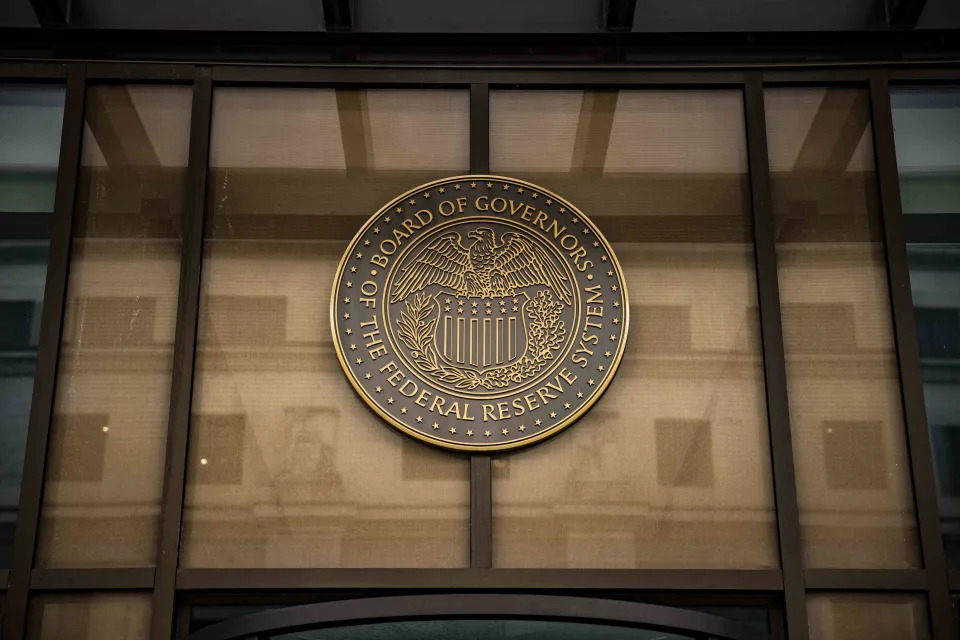(Bloomberg) -- Some of the biggest companies in France now have lower borrowing costs than the sovereign as credit traders fret about fiscal plans that risk toppling the government.
Bonds issued by heavyweights including luxury fashion group LVMH Moët Hennessy Louis Vuitton SE, plane maker Airbus SE and industrial gases firm Air Liquide SA were indicated at lower yields than government bonds, according to data compiled by Bloomberg.
The twist underscores how global companies, which can generate revenue worldwide, can slough off political risk concerns in their home countries. In France, Prime Minister Michel Barnier’s effort to tame widening budget deficits might result in his ouster, sending a measure of sovereign bond risk there to levels last seen during the euro-area debt crisis.
“On Europe, what’s been worrying us is certainly France,” Ella Hoxha, head of fixed income at Newton Investment Management said at a Bloomberg Intelligence conference on Thursday. “It’s rare in markets that you see dislocations of the spreads that we saw in the summer and we’ve now re-established at a higher level.” It “doesn’t feel like things will be better over the next year.”
Traders are more relaxed about the multinational groups because their reliance on exports means their borrowing costs haven’t been affected as badly as the state has been. Air Liquide, for example, only derived about 12% of its revenue last year domestically, data compiled by Bloomberg show. For LVMH, the maker of Fendi handbags and Krug champagne, it was about 8%.
“Rather than driving fear of contagion, the widening in OAT spreads appears to have been treated as an idiosyncratic and transitory issue,” Goldman Sachs credit strategists including Lotfi Karoui wrote in a note to clients this week, referring to French government debt. An escalation of fiscal concerns “is a bigger risk to sentiment than weak growth.”
Credit Edge Podcast: The $2 Trillion Opportunity In Home Equity Lending
Political Risk
Blue chip debt trading at yields below sovereign levels usually arises during times of elevated political concern. Some Italian corporates similarly saw their yields fall below the country’s government bonds in 2018 when populist leaders set a budget target that threatened the nation’s financial stability. Government debt is also more liquid and therefore easier to sell short, pushing its yields higher.
This has practical implications for investors. The more government bonds lose ground, the more overvalued corporate bonds will appear. France still has a AA- credit score at S&P Global Ratings and Fitch Ratings, which is higher than around 95% of the €447 billion ($472 billion) French corporate bond market that’s rated, Bloomberg indexes show.
However, because of the euro currency bloc, France’s debt does not typically act as the safe reference for company borrowings. That role is instead typically played by German bunds, regardless of the borrower’s domicile in the region. Spreads over that benchmark remain positive, reducing the chances of a rotation out of corporate credit and into government debt.
French government bonds “are not bunds or US Treasuries. They are more of a soft rather than a hard valuation boundary for a corporate bond,” said Marco Stoeckle, head of credit strategy at Commerzbank AG.
Week in Review
On the Move
--With assistance from Dan Wilchins.





